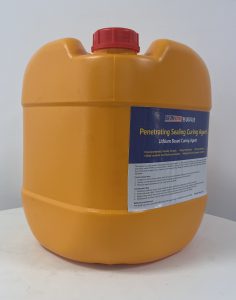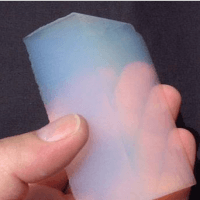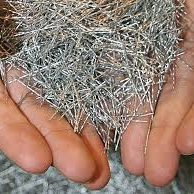Professional solutions on concrete addtives, Concrete Foaming Agent, Superplasticizer, CLC Blocks Additives, and foaming machine
1. What Is Potassium Silicate?
Potassium silicate, a functional inorganic compound with the chemical formula K2O · nSiO2, is a keystone of contemporary farming and commercial applications. Recognized by its different names– potassium water glass, potassium polysilicate, or merely potassium silicate solution– it originates from the fusion of silica (SiO2) and potassium oxide (K TWO O) under heat. This substance exists in both solid and fluid forms, with the latter being a viscous, alkaline solution that plays a pivotal role in enhancing soil fertility and crop performance.
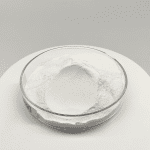
Potassium silicate
Potassium silicate’s relevance depends on its double functionality: it acts as a plant food binder while delivering necessary nutrients to plants. Its distinct capability to maintain dirt framework, keep moisture, and release potassium and silicon in a controlled fashion makes it an essential tool for sustainable agriculture. By bridging the gap between traditional farming practices and ingenious soil management, potassium silicate is reinventing just how we approach plant cultivation in the 21st century.
2. Core Features of Potassium Silicate
2.1 Physical Properties of Potassium Silicate
Potassium silicate’s physical qualities are crucial to its performance in agricultural applications. In its liquid form, it is a clear, colorless to pale yellow thick solution with a pH of 11– 13, making it highly alkaline. Its density ranges from 1.2 to 1.5 g/cm FOUR, and it exhibits superb solubility in water, creating a steady colloidal suspension. When applied to soil, it solidifies upon exposure to air, developing a protective layer that improves dirt aggregation and reduces disintegration.
The solid kind of potassium silicate, often utilized in granular fertilizers, has a modulus (n) of 1.5– 3.5, which establishes its reactivity and nutrient release rate. Higher modulus values correspond to slower dissolution, ensuring prolonged nutrient accessibility. In addition, its thermal stability– with a melting point of 976 ° C for strong potassium silicate– ensures it remains chemically inert under normal ecological problems, avoiding early deterioration.
| sports event | 2.4 Modulus | 3.3 Modulus |
| Appearance | White powder | White powder |
| Silicon Dioxide | 48.0-54.0 | 27.0-63.0 |
| Potassium oxide | 31.0-35.0 | 26.0-30.3 |
| Bulk density (g/ml) | 0.5-0.8 | 0.5-0.8 |
| Dissolving speed, S | ≤55 | ≤100s |
Technical index: Modulus 2.4/3.3
2.2 Chemical Features of Potassium Silicate
Chemically, potassium silicate is a responsive substance that communicates with acids and wetness to form silicic acid (H TWO SiO FIVE), a vital contributor to dirt health. When put on acidic soils, it reduces the effects of pH levels, creating an ideal atmosphere for nutrient uptake. Its alkaline nature also prevents the spreading of soilborne microorganisms, decreasing the requirement for chemical pesticides.
One of its most impressive chemical traits is its capacity to bind particles. In fertilizer solutions, potassium silicate functions as a sealing representative, holding soil fragments together and preventing vitamins and minerals from leaching. This residential or commercial property is specifically helpful in sandy soils, where water and nutrients are prone to rapid drainage. Additionally, its hydrophilic nature allows it to keep moisture, enhancing drought resistance in crops.
3. Advantages and Limitations of Potassium Silicate
3.1 Benefits of Potassium Silicate
Potassium silicate provides a wide variety of benefits that position it as a game-changer in farming:
Boosted Soil Structure: By binding soil fragments, it improves porosity, aeration, and water retention. This produces a resistant origin setting, promoting much healthier plant growth.
Managed Nutrient Release: Its slow-dissolving nature ensures a stable supply of potassium and silicon to plants, lowering the risk of nutrient melt and overfertilization.
Disease Resistance: The alkaline pH of potassium silicate subdues harmful bacteria, acting as a natural biofungicide.
CostEffectiveness: Contrasted to artificial polymers, potassium silicate is economically feasible, with a production cost as much as 30% reduced.
Ecological Sustainability: As a nontoxic, eco-friendly substance, it lines up with eco-friendly farming methods, reducing dirt and water pollution.
For instance, in regions like China, potassium silicate-based fertilizers have actually boosted rice returns by 15- 20% while reducing plant food drainage by 40%, showing their transformative possibilities.
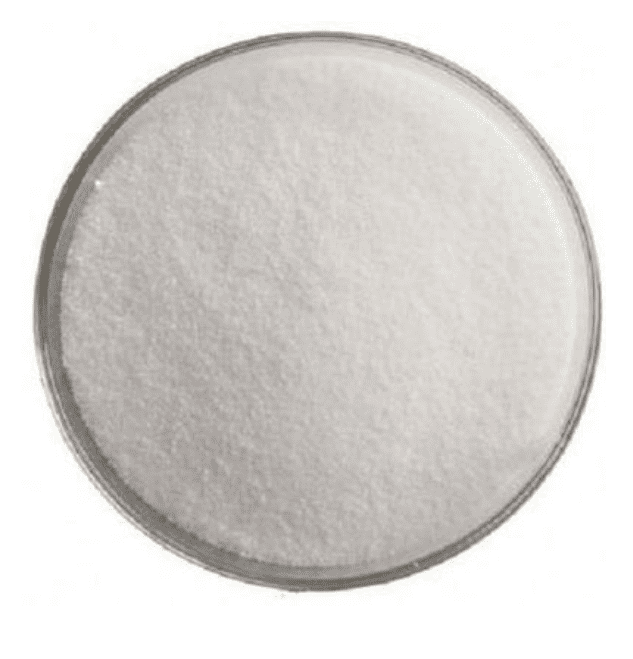
Potassium silicate
3.2 Limitations of Potassium Silicate
Despite its benefits, potassium silicate has certain constraints:
pH Level of sensitivity: Its alkaline nature might harm crops in very acidic soils if not properly managed.
Application Intricacy: Needs specific mixing ratios to prevent obstructing irrigation systems or overhardening dirt surfaces.
Supply Chain Constraints: Accessibility can be restricted in remote locations as a result of its reliance on silica and potassium oxide, which are regionally sourced.
Preliminary Expense Barrier: While cost-effective long term, the upfront financial investment in specialized application tools may deter small-scale farmers.
These difficulties underscore the need for tailored application techniques and farmer education to optimize its benefits.
4. Applications of Potassium Silicate
Potassium silicate’s flexibility extends beyond agriculture right into commercial and building, and construction industries:
4.1. Agriculture
Dirt Stabilizing: Avoids erosion and enhances dirt fertility in dry and degraded lands.
Plant Food Ingredient: Improves vitamins and mineral efficiency in NPK blends, ensuring well-balanced crop nourishment.
Parasite and Condition Control: Serve as a natural obstacle to fungal infections in crops like wheat and citrus.
4.2. Industrial Utilizes
Adhesive and Layer Representative: Used in manufacturing for bonding products and producing fire-resistant coverings.
Stimulant Support: Helps with chemical reactions in processes like polymer synthesis.
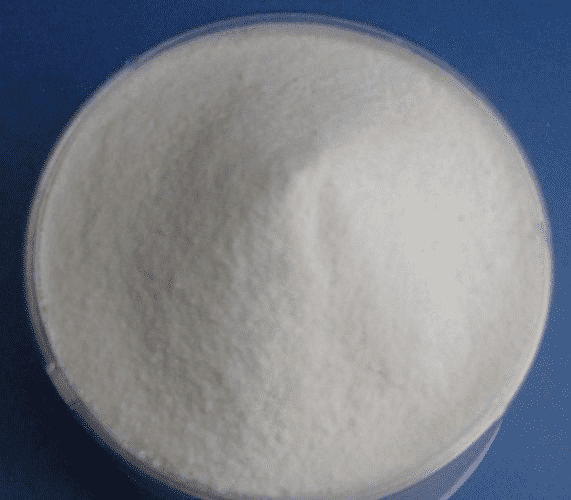
Potassium silicate
4.3. Construction
Concrete Additive: Reinforces cement and lowers permeability, prolonging architectural life span.
Waterproofing: Applied to masonry to avoid moisture access and efflorescence.
In the agricultural field, potassium silicate is particularly transformative. For instance, in India, its use in paddy fields has minimized chemical dependence by 30% while enhancing returns by 18%, showcasing its possible to drive lasting growth.
5. Technical Advantages of Potassium Silicate
Potassium silicate’s technological prevalence stems from its multifunctional homes, which address important farming challenges:
Dual Nutrient Delivery: Simultaneously offers potassium (a macronutrient) and silicon (a valuable trace element), enhancing plant strength and performance.
pH Law: Counteracts acidic dirts, enhancing nutrient schedule and microbial activity.
Dampness Retention: Reduces evaporation by as much as 25%, crucial for water-scarce areas.
Compatibility with Organic Farming: Works synergistically with compost and biofertilizers, aligning with natural certification requirements.
Long-term Dirt Wellness: Boosts cation exchange capability (CEC), ensuring continual fertility for future plants.
A cutting-edge example is its usage in silicate-based potassium fertilizers established by businesses like Shanxi Ziguang Potash Sector Co., Ltd. These products combine potassium silicate with biostimulants, accomplishing 35% higher nutrient uptake in corn plants compared to conventional fertilizers.
6.Conclusion: Accept the Future of Farming with Potassium Silicate
Potassium silicate is more than just a fertilizer binder– it is a revolutionary device for lasting farming. Its ability to improve soil structure, provide nutrients successfully, and battle environmental stress factors placements it as a foundation of contemporary farming. While challenges like pH sensitivity and application intricacy exist, tactical application and farmer education can open its full capacity.
For farming organizations seeking to increase performance, reduce prices, and accept eco-friendly practices, potassium silicate is a giant of technology. By incorporating this compound right into your plant food technique, you’re not just buying crops– you’re buying a durable, lasting future.
Supplier
Cabr-Concrete is a supplier under TRUNNANO of potassium silicate with over 12 years of experience in nano-building energy conservation and nanotechnology development. It accepts payment via Credit Card, T/T, West Union and Paypal. TRUNNANO will ship the goods to customers overseas through FedEx, DHL, by air, or by sea. If you are looking for potassium silicate, please feel free to contact us and send an inquiry. (sales@cabr-concrete.com)
Tags: potassium silicate fertilizer,potassium silicate powder


